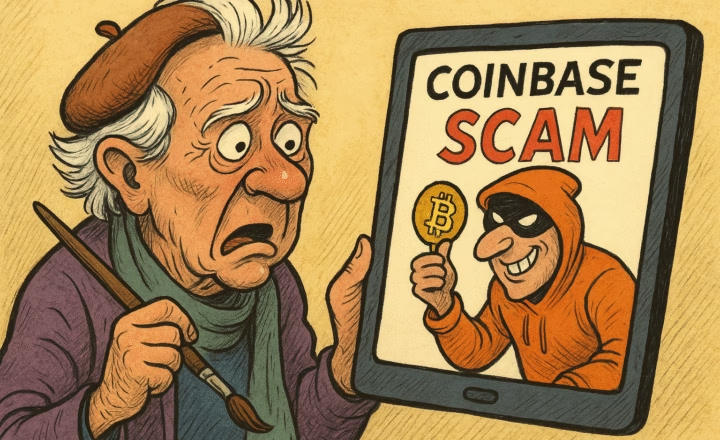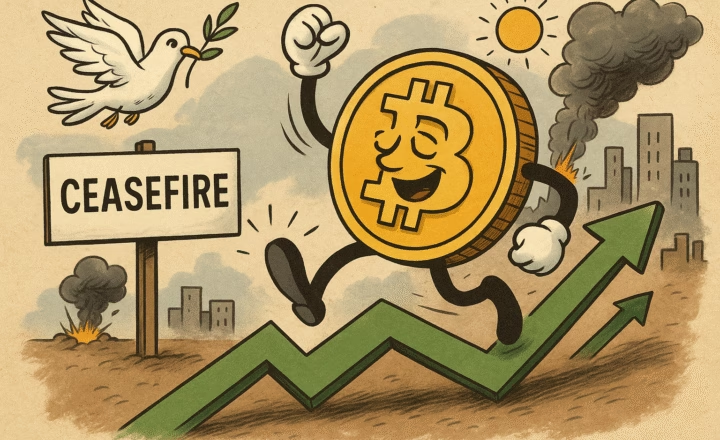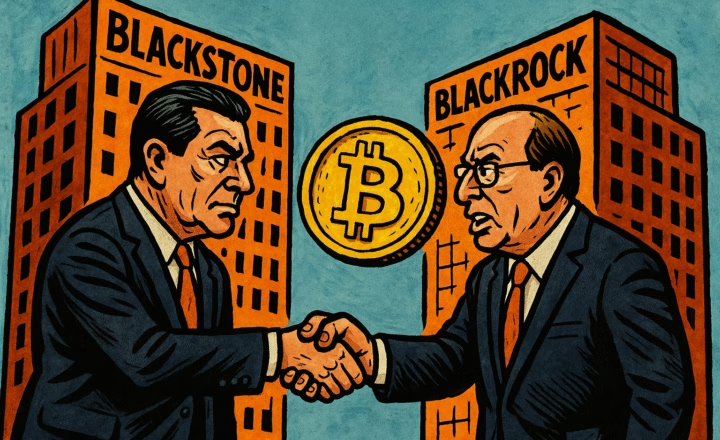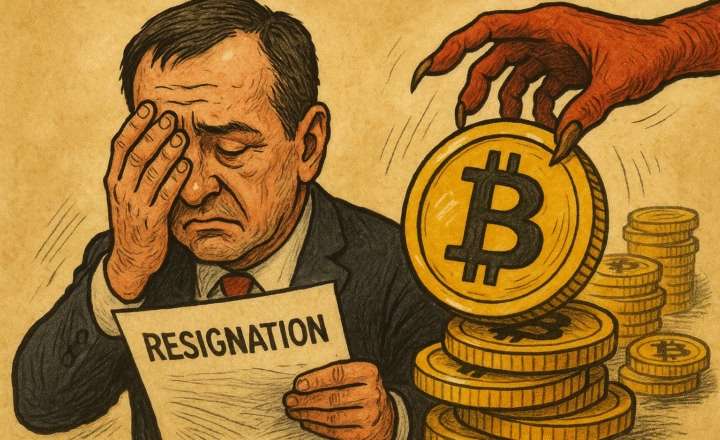With one in three citizens now on exchanges, questions emerge about the future of adoption and regulation in one of Asia’s most crypto-active nations
Crypto Penetration Surges in South Korea
South Korea has officially surpassed 16 million registered crypto exchange users, a figure that now accounts for over 30% of the nation’s population, according to a March 30 report from Yonhap News citing government data. The data was submitted to representative Cha Gyu-geun of the minor opposition Rebuilding Korea Party and gathered from the country’s top five exchanges: Upbit, Bithumb, Coinone, Korbit, and Gopax.
Importantly, individuals with multiple exchange accounts were counted only once, underscoring the true breadth of unique user participation in the Korean crypto economy.
This milestone cements South Korea’s position as one of the most crypto-engaged societies globally, rivaling or exceeding adoption rates seen in more established financial markets.
What Triggered the Recent Surge?
Interestingly, the recent spike in user growth—over 600,000 new users since November 2024—appears to have been catalyzed by the election victory of U.S. President Donald Trump, which local analysts believe reinforced optimism around pro-crypto global policy alignment.
As of late March, South Korean users collectively held over ₩102.6 trillion (approximately $70.3 billion USD) in digital assets, a significant jump in both participation and capital allocation compared to previous years.
“Some believe the crypto market has reached a saturation point, but there is still endless possibility for growth compared with the matured stock market,” an unnamed industry official told Yonhap.
Crypto Adoption vs. Traditional Markets
The surge in crypto users now places digital assets neck-and-neck with traditional equities in terms of retail investor participation.
According to data from Maeil Business Newspaper, the Korea Securities Depository reported 14.1 million individual investors in listed stocks as of December 2024. In contrast, the number of crypto exchange users as of March 2025 has overtaken this, pointing to a generational shift in retail capital allocation.
In a country where retail investing is culturally mainstream, the pivot from stocks to crypto is not merely speculative—it signals a deep-seated shift in how South Koreans perceive value, technology, and personal finance.
Public Officials Also in the Game
Adding a layer of political complexity, the South Korean Ethics Commission for Government Officials disclosed on March 27 that 20% of surveyed public officials hold crypto. Out of 2,047 respondents required to report digital asset holdings, 411 admitted ownership, collectively holding ₩14.4 billion ($9.8 million).
The largest single holding came from Seoul City Councilor Kim Hye-young, who disclosed ₩1.76 billion ($1.2 million) in crypto—highlighting just how deeply digital assets have penetrated not just the public, but the political class.
This comes at a time when South Korea is tightening its crypto ethics and transparency standards, partly in response to scandals involving unreported holdings among public figures.
Regulatory Headwinds Persist
Despite the growing adoption, the South Korean Financial Intelligence Unit (FIU) continues to pursue unregistered and potentially non-compliant platforms. On March 26, the agency published a blacklist of 22 unregistered platforms, and worked with Google to block 17 of them from appearing on the Google Play Store in Korea.
This underscores the regulatory paradox in the country: while consumer interest in crypto is rising, so is scrutiny from lawmakers and regulators aiming to maintain market integrity and protect users.
Independent Take: Saturation, or Just a Plateau Before the Next Boom?
While some industry observers are labeling this moment a “saturation point,” the data tells a more nuanced story.
Here’s why:
-
The 16 million figure represents access—not necessarily active usage or investment sophistication
-
Adoption is still concentrated among younger and tech-savvy demographics
-
Institutional and merchant-level integration remains limited, leaving room for expansion beyond retail speculation
-
The emergence of stablecoin legislation, security token frameworks, and cross-border CBDC pilots could add new utility layers to the market
In other words, while South Korea may have reached the end of its first wave of retail adoption, it may be on the cusp of a second wave, driven by enterprise integration, regulatory clarity, and cross-border innovation.
Final Thoughts: South Korea’s Crypto Experiment Goes Mainstream
With over 30% of its citizens registered on crypto exchanges, South Korea is not just a testbed for blockchain technology—it’s a living case study in what happens when crypto goes truly mainstream.
The coming year will be critical. If user numbers push toward the projected 20 million mark, and institutional rails keep developing, South Korea could emerge as Asia’s most influential crypto economy, surpassing even Japan and Singapore in usage, policy innovation, and market depth.
Whether this becomes a model—or a warning—will depend on how the next chapter of crypto integration unfolds across government, finance, and society.












